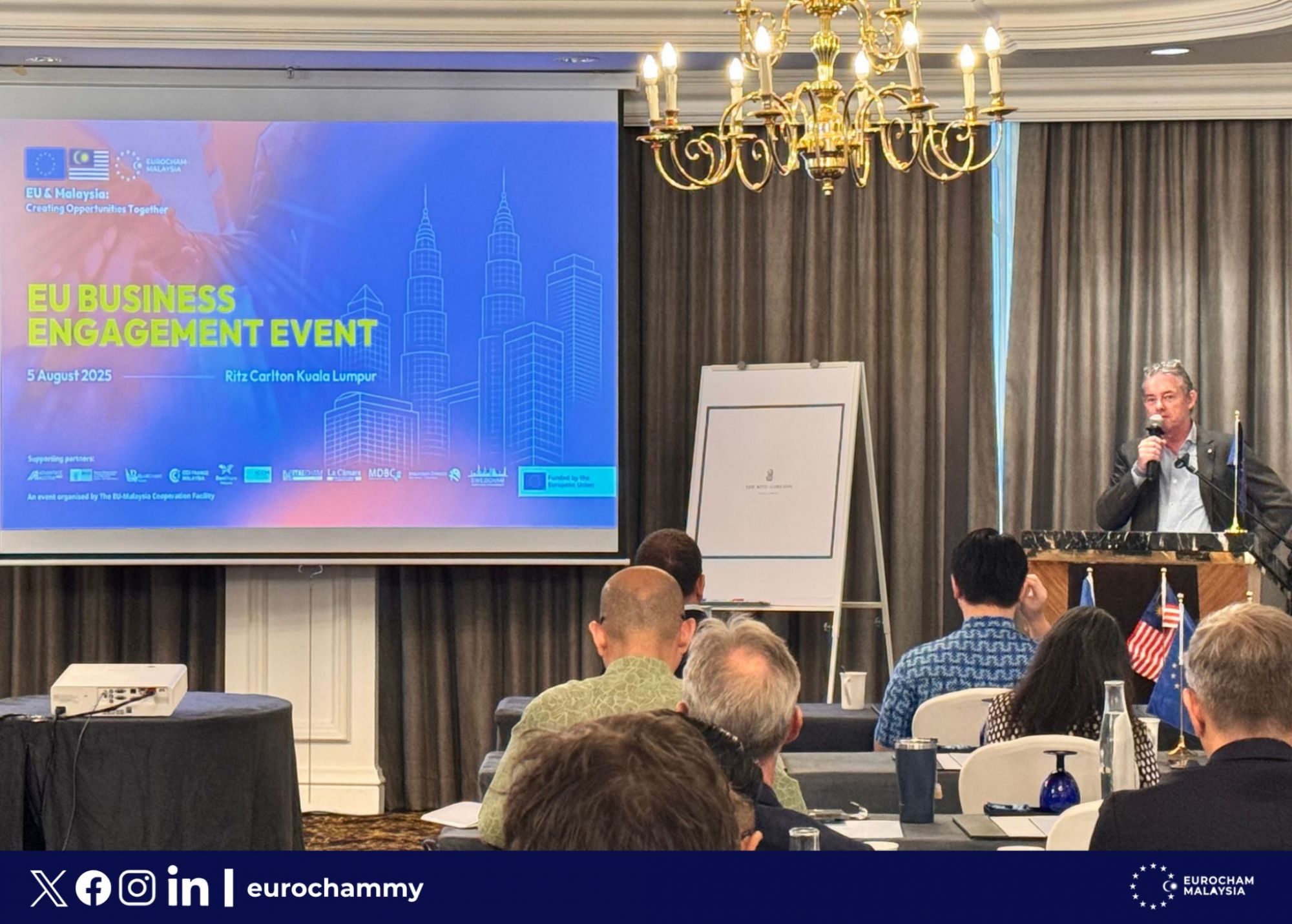The European Union has decided to deepen its engagement with partners in the Indo-Pacific to respond to emerging dynamics that are affecting regional stability and consequences of climate change.
Through its recently adopted Indo-Pacific strategy, the EU aims to promote the rules-based international order and access to open markets and ensure a stable trading environment.
This will entail a further deepening and diversification of trade and investment ties and collaboration to accelerate green and digital transitions and spur innovation and connectivity.
The EU's launch of its Strategy for Cooperation in the Indo-Pacific coincided with the announcement of AUKUS, which, as EU High Representative for Foreign Affairs and Security Policy and Vice-President of the European Commission Josep Borrell stated clearly in his press conference on Sept 16, highlighted the timeliness of the launch of the strategy.
This strategy is a fundamental milestone in the EU's outreach to the Indo-Pacific region. It will frame our policy for the long term.
This is the first time that the EU has formulated an overall, regional strategy on how to engage a variety of different partners in such a wide economic, geographical and political space, ranging from the shores of East Africa to the Pacific Islands, with Malaysia at the geographical heart of it.
In its core essence, this is a cooperative and inclusive strategy. It is of vital interest for us that the regional order remains open and rules-based.
To put it simply, we want to cooperate with all partners in the region, working together towards stability and sustainable prosperity based on a principled, long-term approach.
Allow me to give an overview of the importance of this region to the EU. The Indo-Pacific region creates more than 60 per cent of global gross domestic product and two-thirds of global growth.
Beyond trade figures, this region is increasingly becoming strategically important for Europe. The region's ever-growing economic, demographic and political weight makes it a key player in shaping the international order and in addressing global challenges.
The EU is Asean's number one development partner and its third largest trade partner and investor. When looking into the bilateral trade between the EU and Malaysia, it was equivalent to €35.2 billion last year.
The EU accounts for approximately 20 per cent of foreign direct investment coming into Malaysia. Concurrently, I hope that we will be able to conclude the Partnership and Cooperation Agreement with Malaysia very soon. This could serve as the springboard to develop and deepen our relationship further.
The EU's relations with the Indo-Pacific region are built upon historic, cultural and commercial ties and are in line with our support for Asean centrality.
The EU Strategy for Cooperation in the Indo-Pacific highlights seven priority areas: sustainable and inclusive prosperity, green transition, ocean governance, digital governance and partnerships, connectivity, security and defence and human security.
The Indo-Pacific region, like Malaysia, is home to the world's most environmentally diverse ecosystem. Climate change will cause great pressure on marine biodiversity and natural resources. The region is pivotal to protecting Earth's ecological balance to mitigate and address climate change.
With this in mind, Borrell characterised our engagement in the region as "building strong and lasting partnerships to cooperate on matters from the green transition, ocean governance or digital agenda to security and defence".
In this context, I highly welcome the announcement by Prime Minister Datuk Seri Ismail Sabri Yaakob that Malaysia is committed to becoming a carbon neutral nation by 2050, pledging to stop building coal-fired power stations and introducing economic instruments such as carbon pricing and a carbon tax.
As part of the plan for green transition, the EU has set itself a binding target of achieving climate neutrality by 2050 and committing to cutting emissions by at least 55 per cent by 2030.
We will work with partners to fight against, mitigate and adapt to climate change and to counter biodiversity loss, pollution and other forms of environmental degradation.
The Covid-19 pandemic gave compelling evidence that multilateral collaboration and partnerships are the only way to resolve global challenges.
The EU Strategy for Cooperation in the Indo-Pacific aims to provide a forward-looking framework to engage our partners in the Indo-Pacific region. I look forward to discussing ways with our Malaysian friends on how we can use the new EU strategy to create win-win partnerships with Malaysia and further deepen our bilateral relationship.
Read more here: https://www.nst.com.my/opinion/columnists/2021/10/736933/eu-beef-indo-pacific-ties?topicID=7&articleID=736933
#EU #IndoPacific #regional #climate #economic #investment #Malaysia #EUMYstrongertogether #eurochammy






